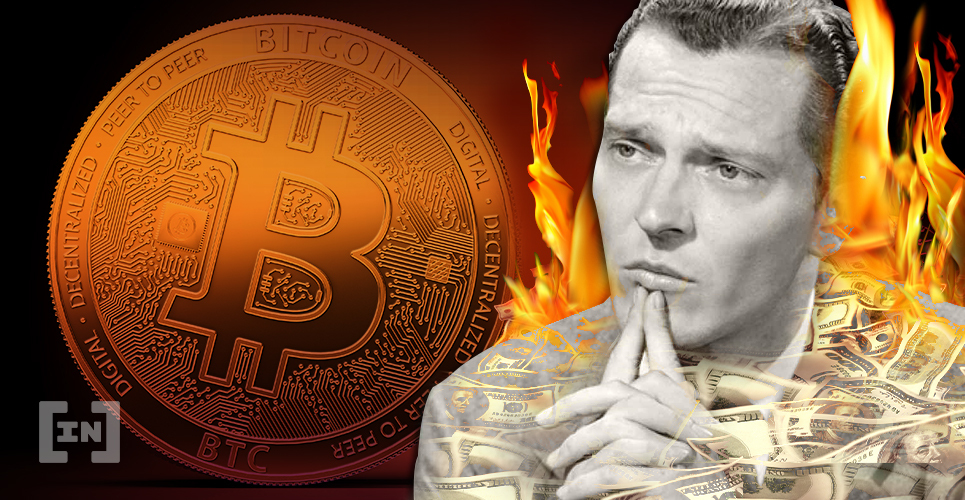
2020-2-19 07:10 |
There is no doubt that the United States and global economies are starting to feel the squeeze, economically speaking, regardless of what their leaders say. U.S. inflation and household debt is skyrocketing — can cryptocurrencies ease the pains of a flawed banking system?
Not a week goes by without another news article indicating that the United States and global economies are floundering. This may be the reason that certain treasury secretaries and senators are so anti-bitcoin and crypto-assets. They are a direct threat to this state-controlled monetary system.
U.S. President Donald Trump may laud the performance of stock markets. However, he rarely mentions the state of national debt or inflation — which has surged since the early seventies.
Founder and CEO at VALR dot com, Farzam Ehsani, has been looking at the chart — noting that things started to go sideways way back in 1775, when the Federal Reserve was created.
US inflation since 1775.
The red line is when the Fed was created. pic.twitter.com/4k5kFyp64B
— Farzam Ehsani (@farzamehsani) February 16, 2020
Things really went to pot in terms of dollar devaluation when it was decoupled from the gold standard in 1971. The Gold Standard Act of 1900 established gold as the only metal for redeeming paper currency. [The Balance] However, by 1970, the U.S. no longer held sufficient gold to cover foreign dollar holdings — and the gold standard ended on August 15, 1971.
The chart above shows what has happened to the greenback since then: it has diminished in value, dramatically, over the past five decades — reducing purchasing power for the average household.
The U.S. Federal Reserve, which is likely to fail in the next recession, has been earnestly printing more of them to increase liquidity in financial markets — which adds to these inflated stock market booms.
Another consequence is increasing debts as banks put the squeeze on interest rates — punishing savers and encouraging those that want to borrow more.
According to the Federal Reserve’s Quarterly Report on Household Debt and Credit, total US household debt reached a record of $14.15 trillion at the end of the year. This is a new all-time high — which is now nominally $1.5 trillion higher than the pre-recession peak of $12.68 trillion in the third quarter of 2008. Mortgages, student loans, auto loans, and credit card balances make up the bulk of this scary statistic.
The national debt is also skyrocketing and stands at record levels of over $23 trillion. [U.S. Debt Clock]
You’ve heard this all before but crypto assets, such as Bitcoin and Ethereum, solve this. It is exactly what Satoshi Nakamoto had in mind when he wrote that now-famous white paper a decade ago.
“Banks must be trusted to hold our money and transfer it electronically, but they lend it out in waves of credit bubbles with barely a fraction in reserve.”
Bitcoin has cemented itself as a store of value this year with two major unrelated incidents causing demand and prices to increase. Gold has mirrored its movements, which only strengthens this narrative.
Ethereum, on the other hand, has evolved into the foundation for a decentralized financial landscape that cuts out bankers and other profiteers.
The post Can Cryptocurrencies Ease US Inflation and the Debt Crisis? appeared first on BeInCrypto.
Similar to Notcoin - TapSwap on Solana Airdrops In 2024
Independent Money System (IMS) на Currencies.ru
|
|

